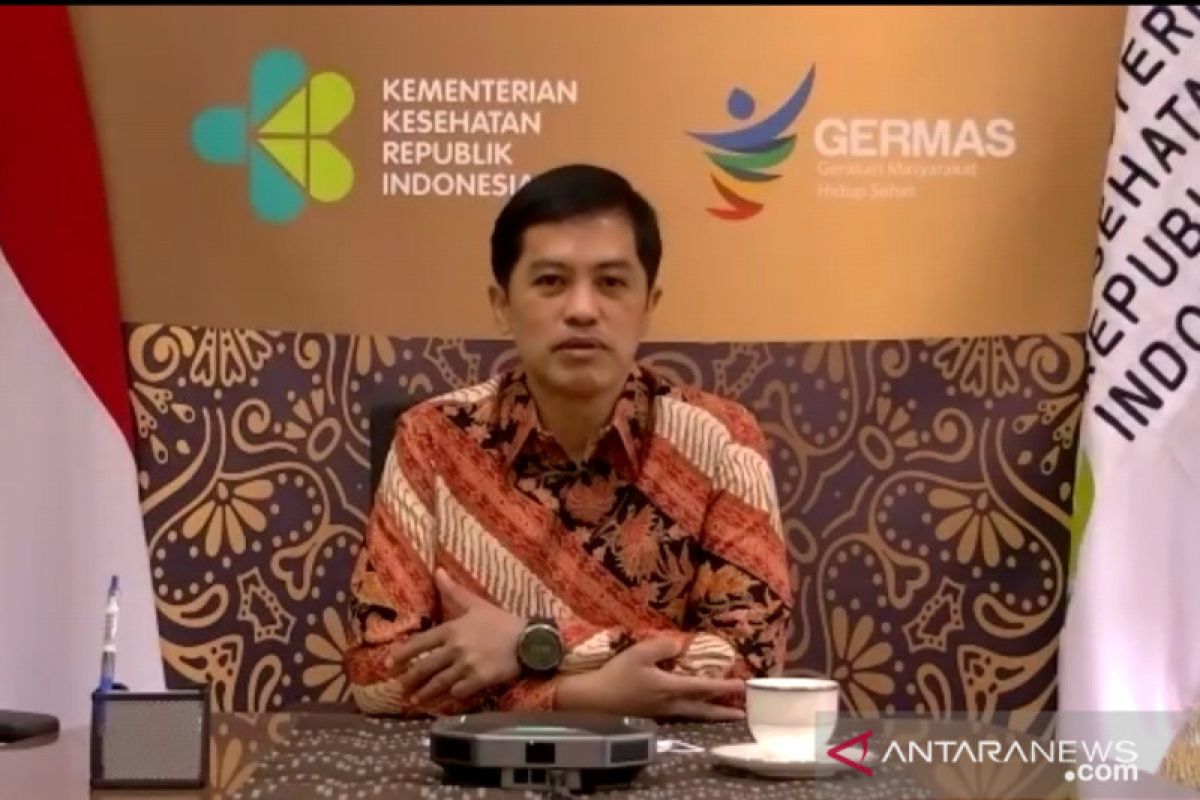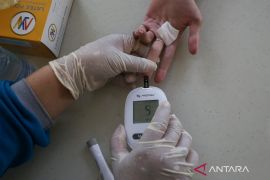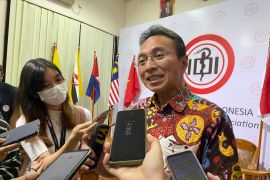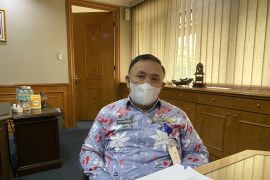When we conducted a survey on healthy people, two-thirds of them did not know that they have diabetes. It is like an iceberg phenomenon.Jakarta (ANTARA) - Diabetes problem in Indonesia has exhibited an iceberg phenomenon that necessitates early detection efforts to lower the risk of complications that could result in death, Vice Minister of Health Dante Saksono Harbuwono stated.
"In a survey that we conducted in Jakarta, those who were detected with diabetes reaches only one-third of the entire figure," Harbuwono noted during the World Diabetes Day 2021 online press conference here on Monday.
"When we conducted a survey on healthy people, two-thirds of them did not know that they have diabetes. It is an iceberg phenomenon," he remarked.
Harbuwono attributed obesity as being one of the causes of diabetes. According to the Health Ministry's recent study, one out of eight people in Jakarta suffers from diabetes.
However, the vice health minister ensured that the occurrence of diabetes was unrelated to the city environment.
The same situation was observed at other places, such as Nangapanda in East Nusa Tenggara, and North Maluku, the location with the highest rate of diabetes.
The vice minister highlighted that genetics was the biggest factor of diabetes in Indonesia.
"Genetic predisposition is one of the causes of the future generation contracting diabetes," he explained.
In commemoration of World Diabetes Day 2021, the ministry is taking comprehensive steps to accelerate the implementation of the diabetes-handling road map through cooperation with several related organizations, ministries or institutions, and regional governments.
In general, the road map is segregated into handling in the upstream to downstream sectors through the application of a promotional, preventive, and surveillance strategy.
Promotional and preventive efforts are aimed at leading a healthy lifestyle, such as following a diet that is low in sugar and salt as well as disseminating information on health screening.
Meanwhile, the ministry, along with the Healthcare and Social Security Agency (BPJS Kesehatan), has put in place the Basic Health Need (KDK) Program that allows citizens to routinely check their blood sugar rate, with the costs borne by the government.
"From the genetic epidemiology study, nobody is free from genetic susceptibility to diabetics, and everyone can likely contract diabetes. Promotional and preventive strategies should be applied,” Harbuwono affirmed.
In the treatment stage, screening efforts are deemed necessary to promptly prevent the emergence of disease complications triggered by blood sugar, he noted.
"We are not only treating blood sugar but also preventing complications, such as stroke and heart attack, the need for blood cleaning, amputations, and other factors," he elaborated.
The vice minister explained that diabetes is diagnosed by fasting blood sugar of greater than or equal of 126 mg/dl, over 200 mg/dl after meal, or average blood sugar level for the past three months that exceeded 6.5 percent.
However, at that stage, precautionary measures are too late, he noted. Oftentimes, uncontrolled blood sugar levels are causal to a host of other diseases that increase the costs borne by the state for patients.
"By maximizing preventive efforts, we could save the cost for treatment of complications, so that the accrued costs outside of diabetes could be reduced. Treating diabetes is very important," he emphasized.
Related news: BPJS Kesehatan strengthens preventive measures to lower diabetes cases
Related news: 68 million Indonesians obese due to unhealthy diet: ministry
Related news: Diabetes management in elderly depends on family care: BKKBN
Translator: Andi Firdaus, Fadhli Ruhman
Editor: Sri Haryati
Copyright © ANTARA 2021












![More Patients with Type 2 Diabetes Reach HbA[1c] Target with Apidra(R) on top of Lantus(R)](https://img.antaranews.com/cache/270x180/no-image.jpg)